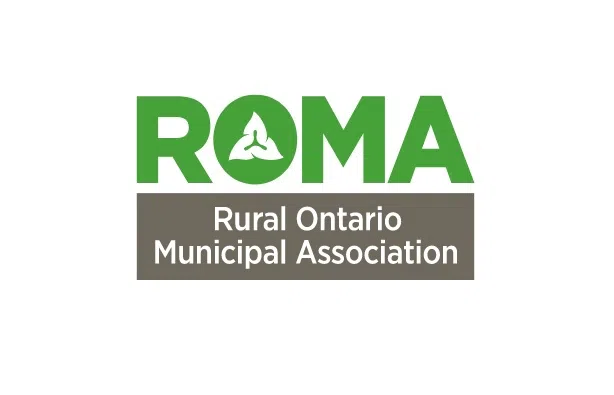Bruce County had a productive time at this year’s ROMA conference.
The Rural Ontario Municipal Association met in Toronto from January 19-21.
Warden Luke Charbonneau says that a lot of positives came from the meetings he and his county team attended.
“We had some really good exchanges with the provincial government, and I think they were hearing our issues. I hope they’ll carry some of those things forward into their work and potentially into a provincial election which is likely coming up soon. So it was a good opportunity to be there and to put Bruce County’s issues on the table an potentially get them considered.”
Across the province, there have been concerns regarding upper and lower-tier municipalities becoming increasingly responsible for finding funding for provincial services, which many mayors and councillors find to be unviable from a municipal perspective.
Charbonneau explained in an interview with Bayshore News that many rural municipalities are feeling the squeeze for having to find funding from grants, or by raising taxes, in order to support the costs of provincial programs and services.
A recent issue raised involved the Ontario government making host municipalities responsible for court security costs, despite the fact that paying for court security should be under the purview of the province.
He also mentioned that with an increasing number of programs being moved to municipalities takes time from municipal and county staff, who have to take time to seek out and apply for one-time grant funding instead of providing municipal services.
“We really need a new fiscal arrangement between the municipalities and the province so that we can focus fully on areas of municipal responsibility and the province can focus on areas of provincial responsibility, and where funding flows in a predictable, steady way between the province and the municipality so that we can plan into the future and we can focus on the work that the property taxpayers expect us to be doing,” he said.
Charbonneau went into this year’s ROMA conference with roughly 12 scheduled meetings and delegations, including as a member of the Western Ontario Wardens’ Caucus. The WOWC had meetings with Minister of Rural Affairs Lisa Thompson. They also met with Ontario Liberal Party leader Bonnie Crombie and Ontario New Democratic Party leader Marit Stiles.
He says that meeting with the provincial party leaders is important, especially with Premier Doug Ford announcing that a snap election could be coming sooner rather than later.
“I think an election is a great opportunity for organizations like municipalities to put their issues on the table in front of all the parties and get those issues debated as part of the public discourse during an election. And I guess that I would just hope that if we do have an election soon, and it sounds like we’re going to, that those municipal issues, the need to make sure there’s funding in place to support things like long-term care, things like affordable and attainable housing, things like help [to] fight homelessness, mental health and addiction supports that should be part of the provincial dialogue during an election,” he said. “Those are municipal issues and they are issues facing everybody in our community. Putting them on the table at a time like this, when we’re coming to an election hopefully will help to get them debated and then ultimately get solutions put in place by the incoming provincial government.”
Charbonneau went on to say that he was also proud of the work done by county staff who also attended the conference. Four members of the senior management team were involved in panel discussions in their respective areas of expertise.
He was also able to share his ideas for bringing rideshare operators into rural Ontario, which he said would be easier with regulatory reform from the province.
“One of the big things we have standing in the way is we have this hodgepodge of licensing regimes across the province. Essentially every municipality has their own licensing regime, which if you put yourself in the shoes of an Uber or a Lyft, that becomes very difficult for them to operate in small communities with their own set of rules. What we need is a standardized regulation across the province for taxi cabs and rideshare, creating a level playing field and stability for operators like Uber,” he explained. “I was told at the [ROMA] conference that they are currently rolling out province-wide rideshare in British Columbia, so I’m hearing quite clearly that it is possible to do on a provincial scale, and that it is being done in rural areas, so I’m leaning in a lot with our provincial counterparts on that. And I would say they’re being very receptive on that and I’m hopeful the legislature will make some progress on some regulatory changes to make that happen. I just think that would be a huge solution, a big part to the transit solution, a big part of our transit issue in rural Ontario.”




